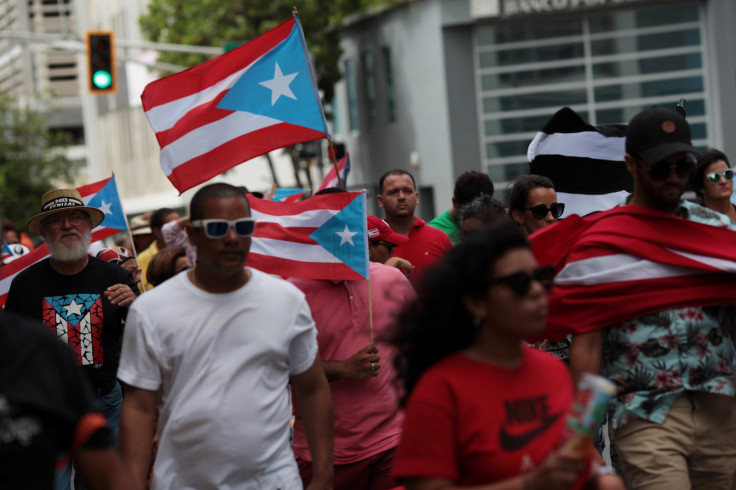Puerto Rico votes in favour of becoming 51st state of US but fate still hangs in balance
Of the 23% Puerto Ricans who cast their votes, 97% were in favour statehood for the island.
The US territory of Puerto Rico overwhelmingly voted in favour of becoming America's 51<sup>st state in a non-binding referendum on Sunday, 11 June. Despite a low turnout of 23%, almost all those who cast their votes supported statehood for Puerto Rico.
However, an expected pushback from the US Congress – the only body which can approve the status of new states – and a boycott by opposition parties are not going to help the Puerto Ricans who voted in favour of statehood. The island can officially begin the process of sending their delegates, two Senators and five representatives, to Washington following the vote.
Critics – those who are for complete independence and those who prefer Puerto Rico to remain a territory – pointed out that the fact that 97% of the votes cast favoured statehood means only the supporters turned out at polling booths. While 1.5% of the voters chose independence from the US, 1.3% wanted the current status to be retained.
The voter turnout usually hovers around 80% in most of the elections in the island, a financially struggling former Spanish colony. The referendum was Puerto Rico's fifth such plebiscite since 1967, with the latest unsuccessful attempt being made in 2012.
"From today going forward, the Federal government will no longer be able to ignore the voice of the majority of the American citizens in Puerto Rico. It would be highly contradictory for Washington to demand democracy in other parts of the world, and not respond to the legitimate right to self-determination that was exercised today in the American territory of Puerto Rico," pro-statehood Puerto Rico Governor Ricardo Rossello said in a statement.

Just like 2012, opponents of statehood are expected to argue that the lopsided results thrown by the dismal turnout would not buttress Rossello's cause. "A 97% win is the kind of result you get in a one-party regime. Washington will laugh in their faces," former governor Aníbal Acevedo Vilá was quoted as saying by the New York Times.
Puerto Rico's status quo is somewhat between full independence and statehood. Residents of the island are US citizens but they do not vote for president and do not pay federal taxes. Instead, they pay local taxes and for social security while having a non-voting representative in the US Congress.
© Copyright IBTimes 2025. All rights reserved.






















